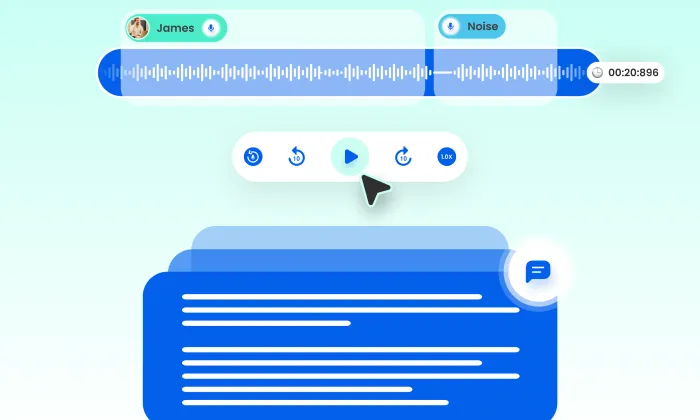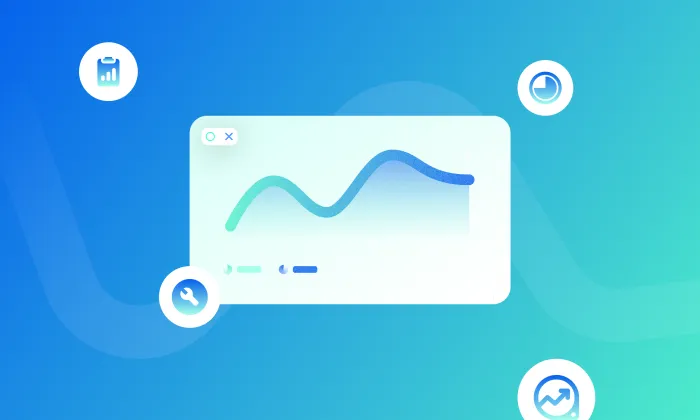Which are the best open-source TTS datasets for research?
TTS
Research
Speech AI
When exploring Text-to-Speech (TTS) research, open-source datasets are invaluable for developing models that convert text into lifelike speech. This guide provides insights into some of the top open-source TTS datasets, highlighting their unique features and applications for researchers.
Key Open-Source TTS Datasets for Research
1. LibriSpeech: A Staple for Speech Research
LibriSpeech, derived from audiobooks in the LibriVox project, is a cornerstone for TTS research. It offers over 1,000 hours of English speech at a 16kHz sampling rate, covering both clean and noisy environments. This dataset is ideal for general TTS model training and exploring speech synthesis in various acoustic conditions.
2. Common Voice: Embracing Diversity
Mozilla's Common Voice project gathers recordings in over 60 languages from volunteers worldwide. Its emphasis on speaker diversity, including various accents and dialects, makes it a prime choice for developing TTS models that cater to a global audience.
3. VCTK Corpus: Focus on Accents
The VCTK dataset features recordings from 109 English speakers with diverse accents, spanning approximately 44 hours of speech. This dataset is particularly useful for voice cloning and accent adaptation research, offering a wide range of regional speech variations.
4. TTS-Corpora: Domain-Specific Versatility
TTS-Corpora aggregates smaller datasets focused on specific domains like news articles and dialogue. Recorded in studio environments, it provides high-quality audio, making it suitable for testing TTS models in specialized contexts such as conversational AI or news reading.
5. OpenTTS: Community-Driven Innovation
OpenTTS is an open-source framework that includes a collection of various datasets, supporting multiple languages. Its community-driven nature fosters collaborative development, allowing researchers to integrate and share resources easily.
Why These Datasets Matter?
High-quality TTS datasets are crucial for:
- Enhancing Model Performance: Quality training data directly influences the accuracy and naturalness of synthesized speech. Diverse datasets help models learn complex speech patterns, accents, and emotions.
- Advancing Research: Open-source datasets democratize access to resources, propelling innovation and experimentation without licensing constraints.
- Real-World Applications: Datasets that reflect real-world speech patterns enable the development of TTS systems that are relatable and effective across various applications.
Key Considerations in Selecting TTS Datasets
When choosing a TTS dataset, consider:
- Audio Quality vs. Quantity: Although larger datasets may seem advantageous, the quality of recordings is paramount. Poor audio quality can undermine model performance.
- Speaker Diversity: A diverse range of speakers can enhance model generalizability across demographics. Striking a balance between diversity and audio quality is essential.
- Domain-Specific Needs: Depending on the application, specific domain datasets may be necessary, albeit with limited availability.
Avoiding Common Pitfalls
Experienced teams often encounter challenges with TTS datasets:
- Overlooking Data Quality: Prioritize high-quality recordings over sheer dataset size to ensure better model outcomes.
- Neglecting Diversity: Ensure representation in datasets to develop inclusive TTS systems that work well across different demographics.
- Skipping Preprocessing: Proper preprocessing such as noise removal and normalization is crucial for optimal model performance.
By understanding these datasets' strengths and challenges, researchers can make informed decisions that drive TTS advancements. For projects requiring domain-specific datasets or high audio quality, consider exploring FutureBeeAI's curated collections designed to meet diverse research needs.
Smart FAQs
Q. What should I prioritize when selecting a TTS dataset?
A. Focus on the quality of audio recordings, diversity of speakers, and relevance to your specific research domain, while also considering the dataset's licensing terms.
Q. How can I verify the audio quality of a TTS dataset?
A. Look for datasets recorded in professional studio environments, using high-quality equipment, and ensure they have undergone stringent quality assurance processes to eliminate noise and artifacts.
What Else Do People Ask?
Related AI Articles
Browse Matching Datasets
Acquiring high-quality AI datasets has never been easier!!!
Get in touch with our AI data expert now!








